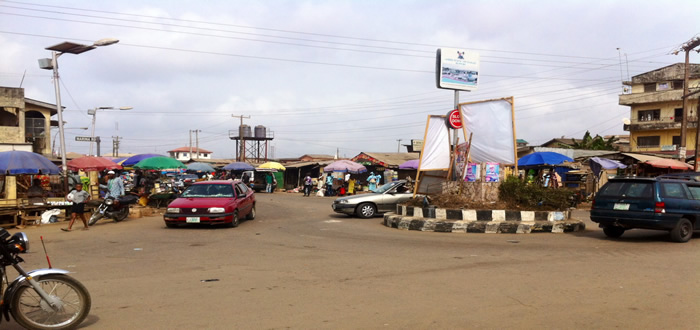
The Evolution of Epe: From Hunting Grounds to a Thriving Port
Epe’s story begins in the pre-colonial era with Huraka, a legendary hunter who, along with his family, settled under a large Popoka tree in what is now Poka town. Drawn by the rich wildlife, Huraka ventured deeper into the wilderness, establishing a permanent settlement with fellow hunters. Originally known as “Igbo Obo” (Forest of Monkeys), this nascent village gradually grew into the vibrant town of Epe.
Strategically positioned on the north bank of the Lagos Lagoon, Epe quickly emerged as a crucial port for the Ijebu kingdom. The town became a bustling center of trade, exchanging cloth, agricultural produce, and, unfortunately, enslaved people. The mid-19th century was a turning point for Epe. After the British exiled King Kosoko of Lagos in 1851, he sought refuge in Epe, bringing both opportunities and conflicts. Epe’s strategic location made it a focal point during the British campaign against the Ijebu kingdom in 1892, which led to significant colonial influence. With Nigeria’s independence in 1960, Epe began a new chapter of diversification. While fishing remained a cornerstone of its economy, agriculture flourished with the cultivation of cassava, cocoa, and oil palm, benefiting from the region’s fertile soil and favorable climate.
Today, Epe is a dynamic town where tradition and modernity intersect. It serves as a vital port and trading hub, exporting fish, cassava, corn, and more to Lagos. The town’s rich history of resilience and adaptability is evident in its thriving commercial activities and its blend of historical charm with contemporary advancements. Epe stands as a testament to its enduring spirit and its ability to evolve while honoring its storied past.

Get more
Email: info@ibileholdings.com
Location: 2nd Floor, Kajola House, 62/64 Campbell Street, Lagos Island, Lagos State.
Copyright 2024 by IBILEWEB - All Right Reserved.


